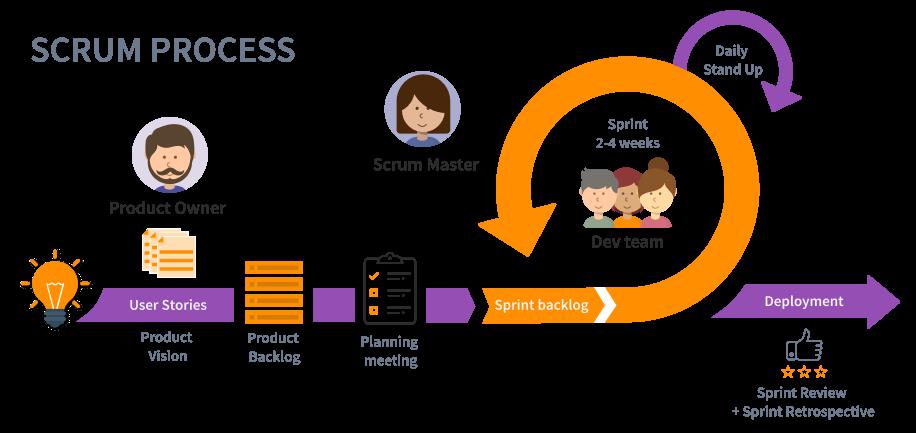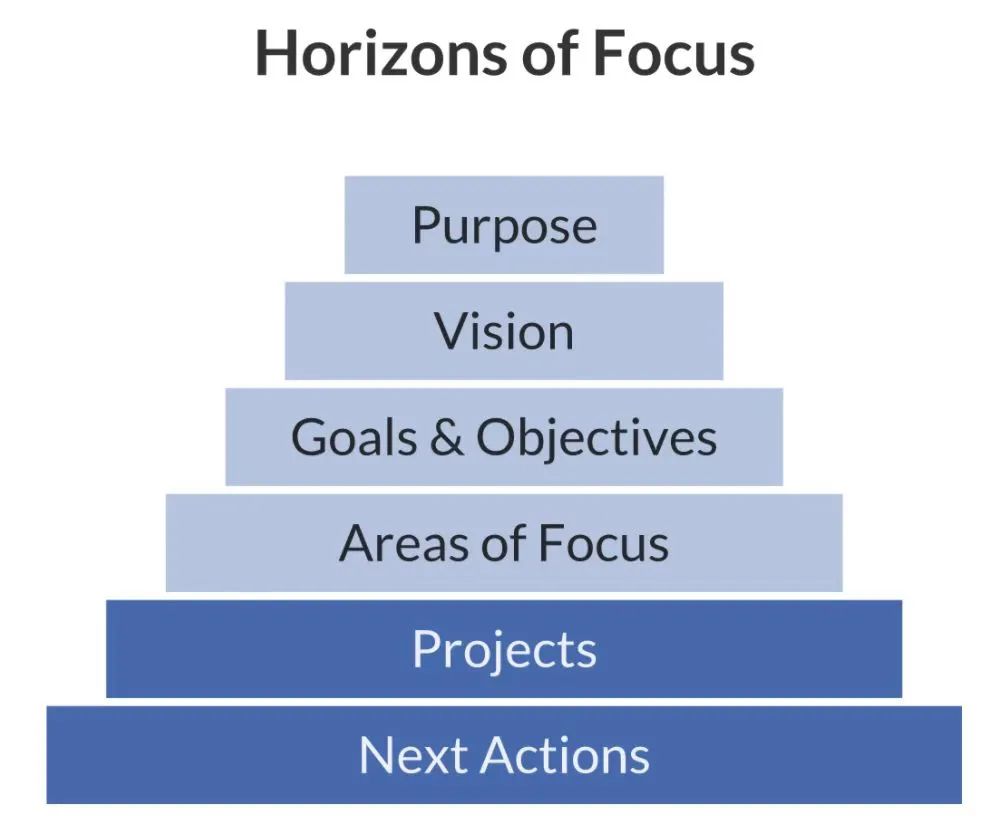Scrum vs GTD|No Agile Projects With Slow People
Posted GTDAsia搞定
tags:
篇首语:本文由小常识网(cha138.com)小编为大家整理,主要介绍了Scrum vs GTD|No Agile Projects With Slow People相关的知识,希望对你有一定的参考价值。
We found it that more and more Scrum teams are willing to combine with GTD®️


I was a Scrum practitioner since the late'90s, and now I am also a Scrum trainer; this means that people often asks me what are the connections between Scrum and GTD?
- Scrum -

Scrum is a framework within which people canaddress complex adaptive problems, while productively and creatively deliveringproducts of the highest possible value.
Using the words of Ken Schwaber and Jeff Sutherland Scrum is:
Lightweight
Simple to understand
Difficult to master
Scrum is a process framework that has beenused to manage complex product development since the early 1990s. Scrum is nota process or a technique for building products; rather, it is a frameworkwithin which you can employ various processes and techniques.
Scrum is built around three roles and four events. The three roles are:
The Product Owner is responsible for maximizing the value of a product resulting from work of the Development Team. The Product Owner must clearly express outcomes needed, and prioritise these outcomes. Outcomes are usually expressed as User Stories (I as an... would like... in order to...). The complete list of Outcomes is called the Product Backlog.
The Development Team consists of professionals who do the work of delivering a potentially releasable Increment of “Done” product at the end of each period of work of a month or less, aka a Sprint.
Development Teams are self-organizing; this means that no one can tell the Development Team how to turn Product Backlog into Increments of potentially releasable functionality.
The Scrum Master is responsible for promoting and supporting Scrum as defined in the Scrum Guide. Scrum Masters do this by helping everyone understand Scrum theory, practices, rules, and values. The Scrum Master must also remove any impediments to the Development Team’s progress.
The three roles altogether form the Scrum Team. The four Scrum events are:
The work to be performed in the Sprint is planned at the Sprint Planning. This plan is created by the collaborative work of the entire Scrum Team. During the Sprint Planning the Scrum Team answers two fundamental questions; what can be done this Sprint? and how will the chosen work get done? In other terms the work done during the Sprint should enable the Team to reach the defined Sprint Goal by releasing an increment of a product
The Daily Scrum is a 15-minute time-constrained event for the Development Team. The Daily Scrum is held every day of the Sprint. At it, the Development Team plans work for the next 24 hours.
A Sprint Review is held at the end of the Sprint to inspect the Increment and adapt the Product Backlog if needed. During the Sprint Review, the Scrum Team and stakeholders collaborate about what was done in the Sprint.
The Sprint Retrospective is an opportunity for the Scrum Team to inspect itself and create a plan for improvements to be enacted during the next Sprint. The Sprint Retrospective occurs after the Sprint Review and prior to the next Sprint Planning.
A Development Team member will greatly benefit of GTD; he or she will receive from the Product Owner a User Story, that is an outcome that needs to become true at the end of next month or so... in GTD terms, a project.
As a skilled GTD Practitioner the Development Team member could easily start his / hers Natural Planning Model, in order to articulate the outcome into concrete and visible next actions.

Daily Stand-ups and sprint retrospectives are orienting reviews, in GTD terms; these reviews enable the team to put everything under cruise control, every day and every month.
During Sprint Planning the first steps of the Natural Planning Model will be invaluable in order to clearly define the Sprint Goal; the Scrum Team could clarify the Purpose / Principles, define Mission / Vision / Goal / Desired Outcome and finally brainstorm, leaving the detailed planning to the Development Team.
Product owner is a GTD Practitioner
Obviously a Product Owner will greatly benefit of his/her skills as a GTD Practitioner when it comes to define the complete set of outcomes needed to solve the original problem that gave birth to the Scrum project.
Scrum Master is a GTD Practioner
Finally a Scrum Master will greatly benefit of his/her skills as a GTD Practitioner when it comes to manage interruptions... sorry, I would have to say mismanaged inputs.
I hope these reflections could be of any of use for those of you that teach GTD in a Scrum-based environment.

GTD is the perfect complement for SCRUM teams. Scrum does not teach you how to make the thingsafter you left the meeting with a list of things to do. Besides, SCRUM does not teach you how to balance your personal and office responsibilities. it is common that the people tells you that theirs teams is learning SCRUM .

No one at Scrum is going to teach people how to do things like GTD. That's why it's the best complement.
We are talking about the two sides of the productivity coin. Scrum/Agile is productivity for teams/projects, while GTD is productivity for the individuals working on these teams/projects.

There are no agile projects with slow people.
以上是关于Scrum vs GTD|No Agile Projects With Slow People的主要内容,如果未能解决你的问题,请参考以下文章